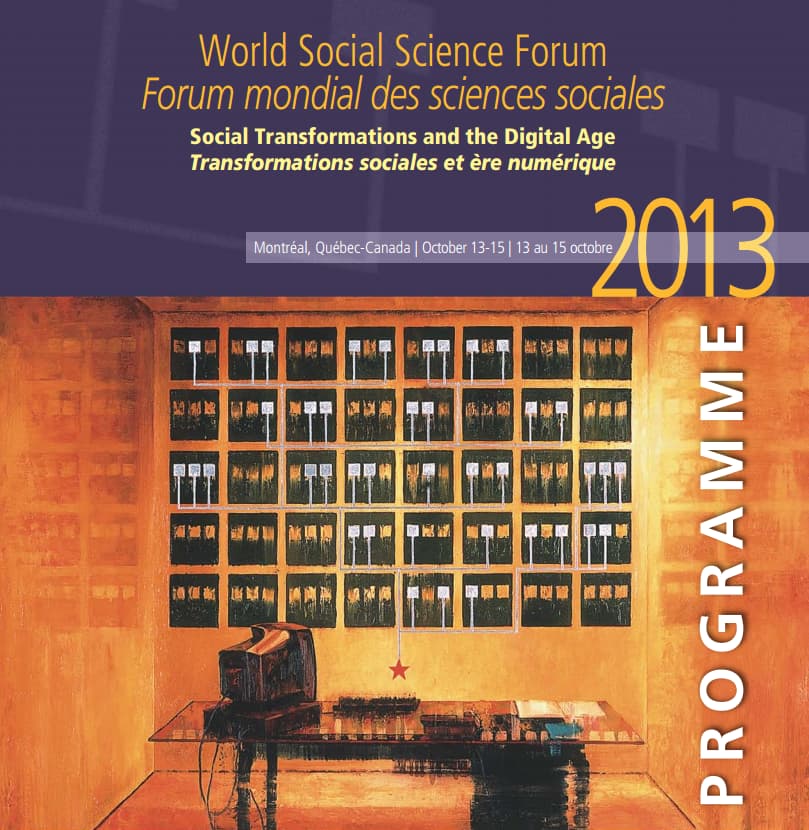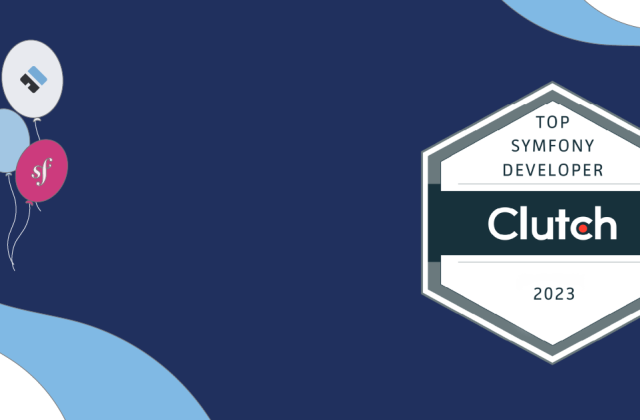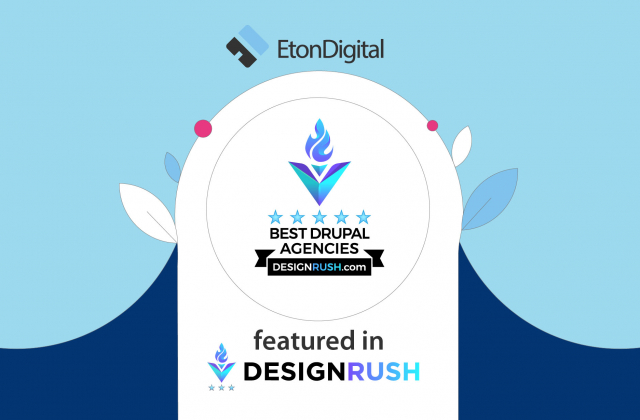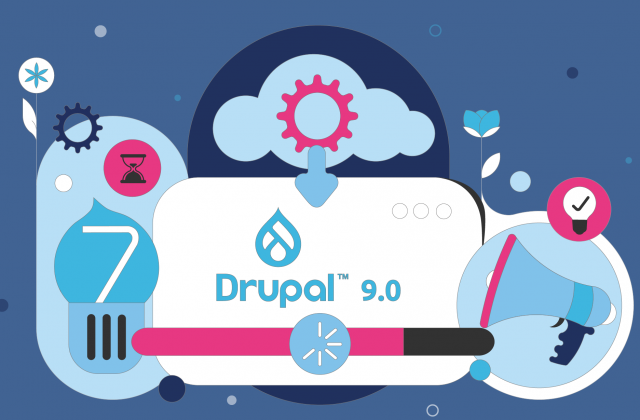Second World Social Science Forum, which took place in Montreal from 13-15 October, gathered around 1000 delegates from more than 80 countries to address the question of the newest digital technologies and their impact on social sciences.
Under the theme “Social Transformations and the Digital Age”, experts discussed the role of digital technologies, covering almost all aspects of life. As the organizers explained, the forum recognized two major focus areas in which the scholars emphasized the change in different spheres of social life and the transformation of social sciences.
The focus was on the role of social media, in particular Twitter and Facebook, and Wikipedia and WikiLeaks, explaining their abilities to bring change on the global political scene, and in science and media, as well as their capacity to stimulate people’s knowledge and creativity. On the other hand, other experts focused on their more negative aspects – loss of privacy, misinformation, and dependency, to name a few.
Furthermore, delegates highlighted the change in the production of knowledge, organization of work and access to information. The work of researchers also included e-health and the digitalization of medical files, transformation of war and diplomacy, journalism and activism, and the use of digital games to enhance seniors’ quality of life as well as the risk of the digital world to young people.
One of the interesting panels was “Minority languages” where experts shared their concerns about endangered languages and expressed the necessity of promoting the blogs in minority and local languages, as well as government sites and Wikis. Sarah McMonagle, a minority language scholar, concluded that Web 2.0 has a solution for linguistic diversity.
Scholars showed their major concern on the panel “Privacy and Surveillance” as well. One of the lecturers Panayotis Antoniadis, senior researcher at ETH Zurich, reminded, “Everything we do is recorded”. Although with mostly negative approach, the panel ended offering positive ideas that could enable private data protection and decrease the level of censorships.
As for the “Higher Education and Research” panel, the opinions differ. Praising technology as “post-nationalist”, Imiatz Ahmed, of the University of Dhaka, expressed somewhat idealistic approach. Jenifer Jenson, a professor at York University, on the other hand, strongly advised changing the present framework of education model and structure before turning them into viral.
What made this forum more interesting is the panel that addressed the need for low-tech methods. Victor de Boer, a computer scientist, reminded us “digital divide is a problem for the use of linked data in the developing world”, as reported on scdiev.net. Although developing countries are lacking in many ways in terms of technology, Boer offered a solution combining voice and web technologies. He developed a system called Radio Marché that allows farmers in Mali to advertise their products on local radio station. As explained in a review of the paper called “A Dialogue with Linked Data: Voice-based Access to Market Data in the Sahel, “Text-to-speech technologies convert this data into a voice message (…) in local languages French, Bambara and Bomu” and then radio hosts can gather information for broadcasting via mobile phone or Web browser.
Martin Murillo, from the Institute of Electrical and Electronics Engineers, introduced another project that enables the connection of local health clinics in the villages in the Peruvian Amazon. The system uses Open Source products and radio technologies in a way that enables the clinics to share data about patients and doctors to consult with the patients virtually. Murillo concluded:”We can’t talk about eradicating poverty without talking about information.”
Forum offered other interesting researchers and papers from the scientists worldwide, and we surely will hear about all the innovations and the most important questions, and answers, in the future.
For more information about the most important panels, see this link.



